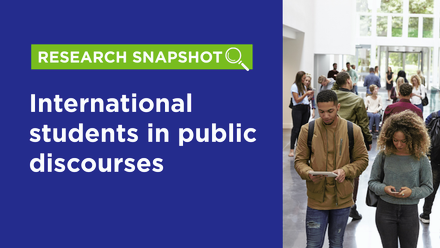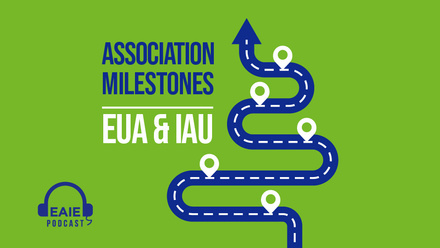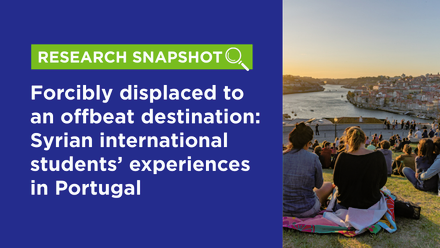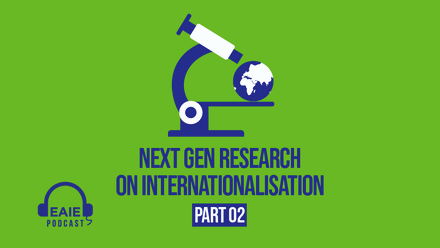What’s in a name? Refocusing internationalisation of higher education
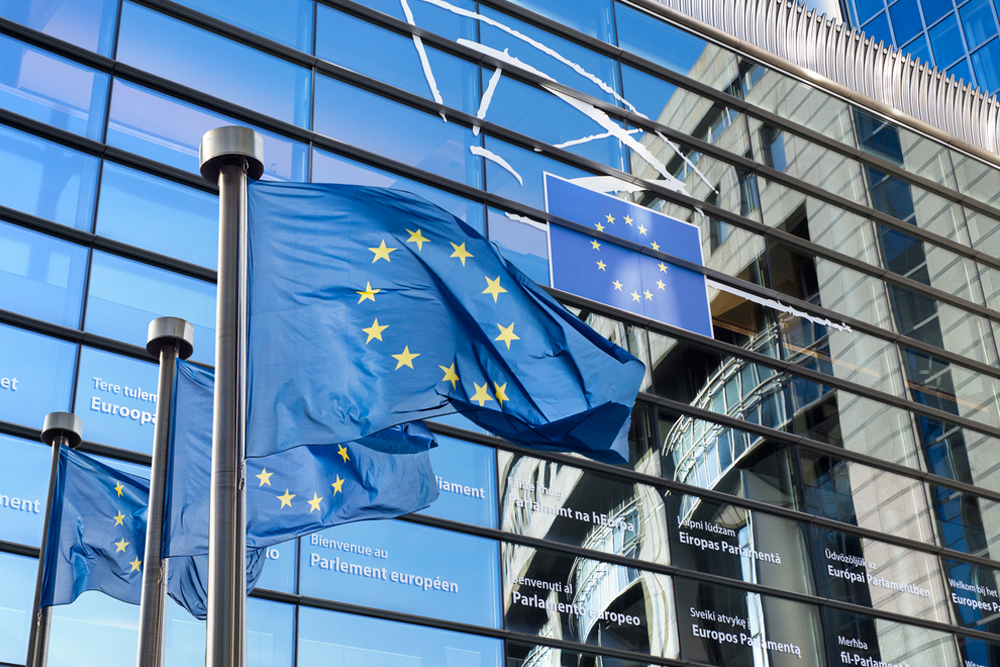
This week on the blog, we will be presenting different perspectives on the European Parliament report Internationalisation of Higher Education. This first piece is written by one of the study’s authors, who discusses trends and a revised definition of ‘internationalisation of higher education’ resulting from the report’s inquiry into the state of the field in Europe and beyond.
Our consortium has just completed a study commissioned by the European Parliament to identify the "underlying gist of internationalisation and what it should be aiming for" in which we investigated current approaches in 17 countries, 10 of which were in Europe. One thing became clearly apparent: internationalisation is getting bigger just about everywhere and, according to the many experts who participated, it also has the potential to get better. In other words, the potential to make a more meaningful contribution to higher education.
Whether or not that happens will depend on a number of blockers being removed and enablers being introduced. The study makes recommendations as to what steps might be undertaken for internationalisation of higher education (IoHE) to realise its full potential. One thing we felt that we could do ourselves, as a result of the study, would be to ‘retool’ somewhat the current definition of IoHE as a starting point for that change to happen.
Defining internationalisation of higher education
Currently, it is Jane Knight’s definition that is most widely used. She describes IoHE as "the process of integrating an international, intercultural or global dimension into the purpose, functions or delivery of post-secondary education". This is a definition that has served us well. It has enabled us to conceive IoHE as an ongoing process. By remaining deliberately non-prescriptive, it has enabled a range of understandings and enactments according to different national and institutional contexts. However, the term has also been (ab)used by higher education institutions (HEIs) for their own purposes.
We often see how IoHE is considered a goal in itself, rather than a means to enhance the quality of education and research. Often, there is an over-focus on quantitative outputs: how many students, agreements, flows, how many places gained in the rankings and so on. This is linked to a growing emphasis on economic rationales in IoHE, the trend towards privatisation through revenue generation and the need to position the institution according to international ranking parameters. This does not mean that academic, political, socio-cultural rationales are no longer important, but rather that they might lose ground or come into conflict with economic priorities. The balance is not easily found.
From cooperation to competition
As IoHE is increasingly perceived as a response to global challenges, both countries and institutions seek to become more strategic in their approach. There is a clear trend towards national strategies, especially in those countries that perceive IoHE as a means to achieve national ambitions, or accelerate change in the higher education system. While there is no single model, it is apparent that numbers of activities, programmes, mobility flows are rising (almost) everywhere and that many of these strategies have a focus on economic gain, talent recruitment and international positioning.
These strategies demonstrate an evident shift in the trend from (only) co-operation to (more) competition as the challenge of funding is everywhere. Nevertheless, it must also be said that the Erasmus experience in Europe has gone a long way in creating a set of shared understandings. The ongoing support through European-funded programmes continues to guarantee a strong commitment to academic co-operation and partnership in European universities.
A shift in focus
On the other hand, the focus up until now has been very much on mobility and less so on the ‘at home’ side and internationalisation of the curriculum to provide an international dimension for all students, regardless of level or course of study. Internationalisation of the curriculum is certainly present in perceptions and, at times, in policies but, whether for competition or co-operation, it is the ‘abroad’ element that is still the main focus of policy and practice. And mobility programmes, by their very nature, remain accessible only to the few.
In general, we have witnessed that there is often much rhetoric around IoHE, but that it does not always match reality on the ground. Competitive pressures of globalisation may have led to greater convergence of aspirations, but this has not always led to a translation into actions.
As we concluded the study, we asked ourselves how we could shift the focus towards a concept of internationalisation that could have wider reach and create greater impact. How we could retool the definition in a way that could guide and inspire HEIs in their internationalisation efforts?
A new definition
We came up with the following revised definition with our additions or alterations highlighted in bold:
Internationalisation of higher education is "the intentional process of integrating an international, intercultural or global dimension into the purpose, functions and delivery of post-secondary education, in order to enhance the quality of education and research for all students and staff, and to make a meaningful contribution to society".
The revised definition seeks to make three key points:
- It indicates that the process is a planned and purposeful one, which creates a framework for future direction and is designed to strengthen and enhance HEI performance and quality. An intentional process is one of consideration, decision and action.
- It reflects increased awareness that IoHE needs to be more inclusive, less elitist and that the ‘abroad’ component should be an integral part of an internationalised curriculum for all students. It also includes staff since IoHE is critically dependent on active engagement and wholehearted commitment of all HEI members who, through their various academic and management functions, will be at forefront of delivery.
- It re-emphasises that IoHE is not a goal in itself, but a means to enhance quality within and beyond the institution. For that reason, it should not focus solely on economic rationales.
While this revised definition is longer – and perhaps less easy to commit to memory – we hope that our colleagues will find it useful in framing their international aspirations and ambitions, giving clearer direction to the international dimension of their institution’s mission.
Fiona Hunter is a Research Associate at the Centre for Higher Education Internationalisation (CHEI) at the Università Cattolica del Sacro Cuore, Italy.
The European Parliament study was carried out by Hans de Wit and Fiona Hunter of the Centre for Higher Education Internationalisation at Università Cattolica del Sacro Cuore, Italy, Eva Egron-Polak of the International University Association, and EAIE President Laura Howard. It is available for download.

